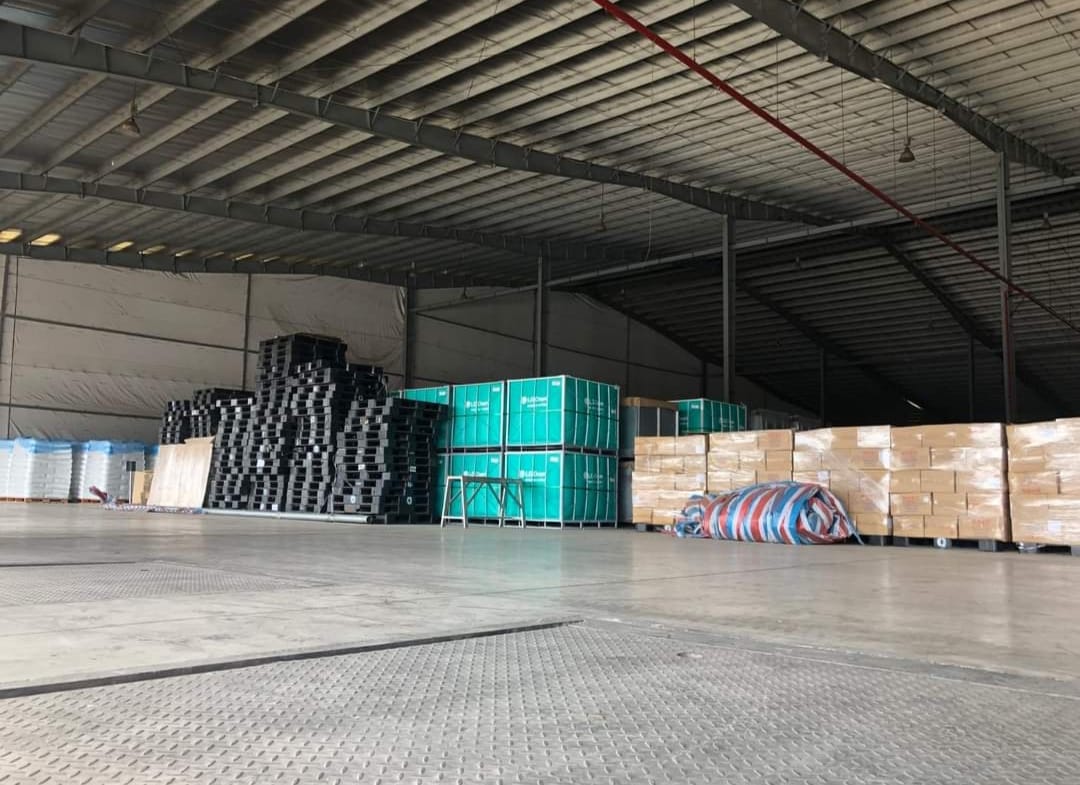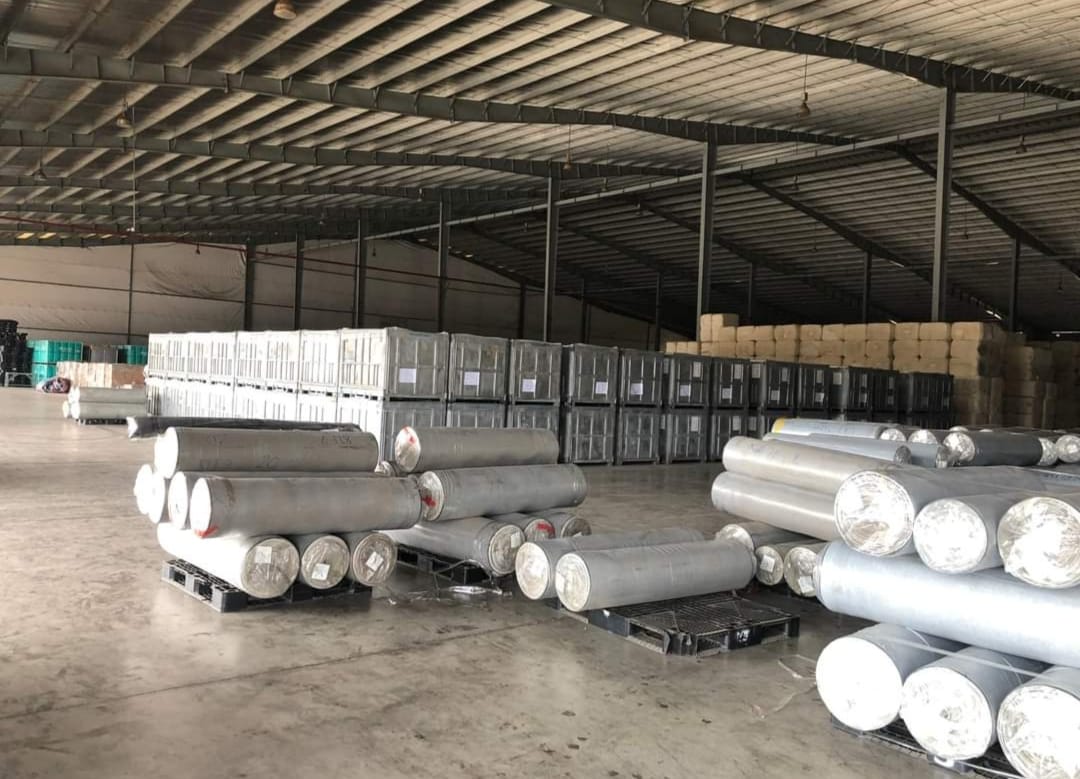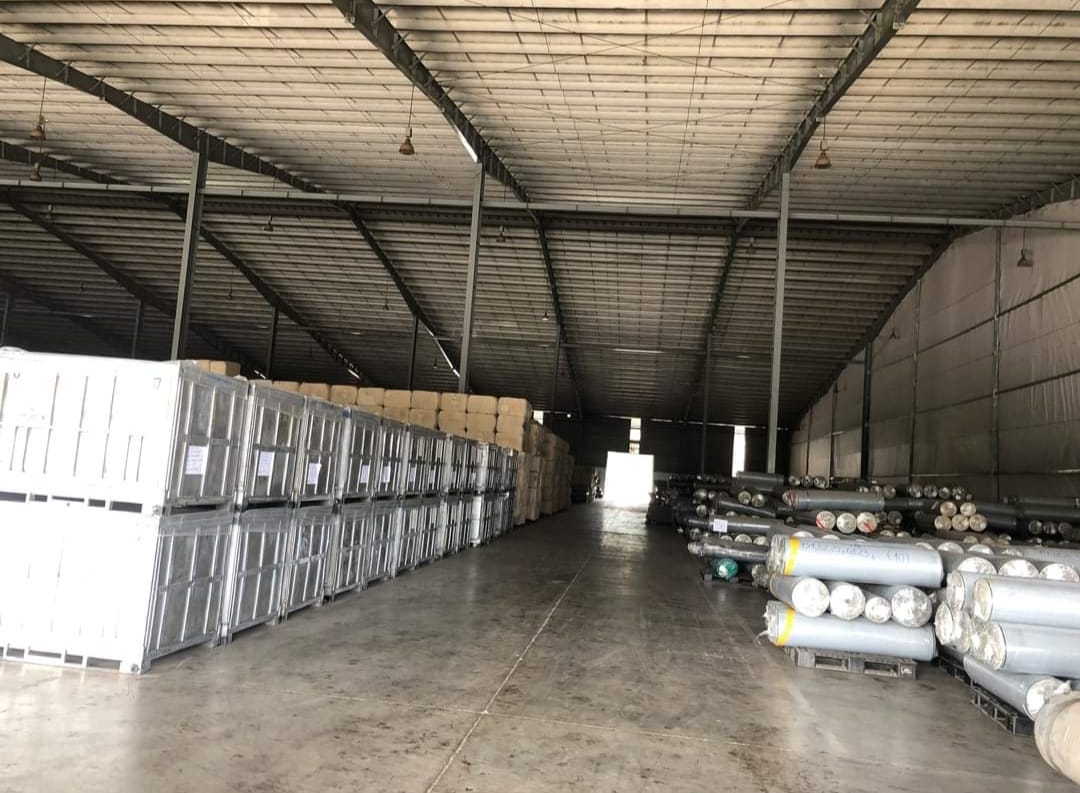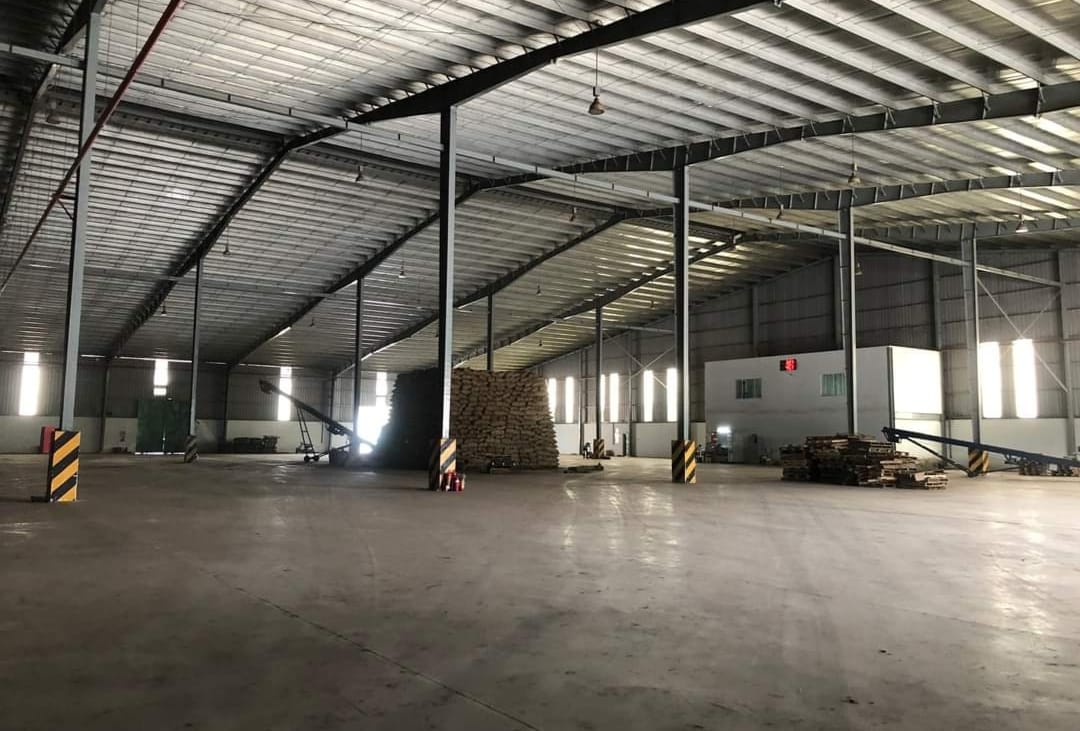Our Services
Warehousing Service
Best Logistics Company in Pune.
Warehousing Service


Warehousing services involve the storage, management, and distribution of goods for businesses. Warehouses are facilities designed to securely store products and materials for a certain period of time until they are ready to be shipped to customers or retailers. Warehousing services are an integral part of the supply chain and logistics process, providing various benefits to businesses, including:
Storage: Warehouses provide a safe and organized environment for storing goods. This is especially important for businesses that produce or purchase goods in bulk and need a place to keep excess inventory.
Inventory Management: Warehouses offer tools and systems for tracking inventory levels, ensuring businesses have accurate information about the quantity and location of their products.
Order Fulfillment: Warehouses can handle the picking, packing, and shipping of products to customers. This streamlines the order fulfillment process and enables businesses to focus on other aspects of their operations.
Risk Management: Warehouses are equipped with security measures to protect goods from theft, damage, and environmental factors. This helps mitigate the risk of losses.
Cost Efficiency: Storing goods in a warehouse can be more cost-effective than holding excess inventory at a business's own facilities. Warehouses also offer economies of scale for shipping and distribution.
Flexibility: Businesses can adjust their storage needs based on seasonal demands or changes in market conditions without the need for long-term commitments.
Value-Added Services: Many warehouses offer additional services such as packaging, labeling, quality control checks, and product customization.
Global Distribution: Warehouses strategically located near transportation hubs enable businesses to efficiently distribute their products to different regions or countries.
Reverse Logistics: Warehouses can handle returns and exchanges, making the process smoother for both the business and the customer.
Data Insights: Modern warehouses use technology to provide businesses with valuable data and insights into their inventory levels, turnover rates, and customer behavior.
Businesses can choose to own and operate their own warehouses or partner with third-party logistics (3PL) providers that specialize in warehousing and distribution services. This allows businesses to focus on their core competencies while leaving the logistics and storage aspects to experts.
Overall, warehousing services play a crucial role in maintaining a seamless supply chain and ensuring that products are available to customers when needed.
Storage: Warehouses provide a safe and organized environment for storing goods. This is especially important for businesses that produce or purchase goods in bulk and need a place to keep excess inventory.
Inventory Management: Warehouses offer tools and systems for tracking inventory levels, ensuring businesses have accurate information about the quantity and location of their products.
Order Fulfillment: Warehouses can handle the picking, packing, and shipping of products to customers. This streamlines the order fulfillment process and enables businesses to focus on other aspects of their operations.
Risk Management: Warehouses are equipped with security measures to protect goods from theft, damage, and environmental factors. This helps mitigate the risk of losses.
Cost Efficiency: Storing goods in a warehouse can be more cost-effective than holding excess inventory at a business's own facilities. Warehouses also offer economies of scale for shipping and distribution.
Flexibility: Businesses can adjust their storage needs based on seasonal demands or changes in market conditions without the need for long-term commitments.
Value-Added Services: Many warehouses offer additional services such as packaging, labeling, quality control checks, and product customization.
Global Distribution: Warehouses strategically located near transportation hubs enable businesses to efficiently distribute their products to different regions or countries.
Reverse Logistics: Warehouses can handle returns and exchanges, making the process smoother for both the business and the customer.
Data Insights: Modern warehouses use technology to provide businesses with valuable data and insights into their inventory levels, turnover rates, and customer behavior.
Businesses can choose to own and operate their own warehouses or partner with third-party logistics (3PL) providers that specialize in warehousing and distribution services. This allows businesses to focus on their core competencies while leaving the logistics and storage aspects to experts.
Overall, warehousing services play a crucial role in maintaining a seamless supply chain and ensuring that products are available to customers when needed.


FLEETON TRANSPORT SERVICES
Welcome to our Fleeton logistics agency. We provide best logistics services in Pune.
Clients Working
With Us











